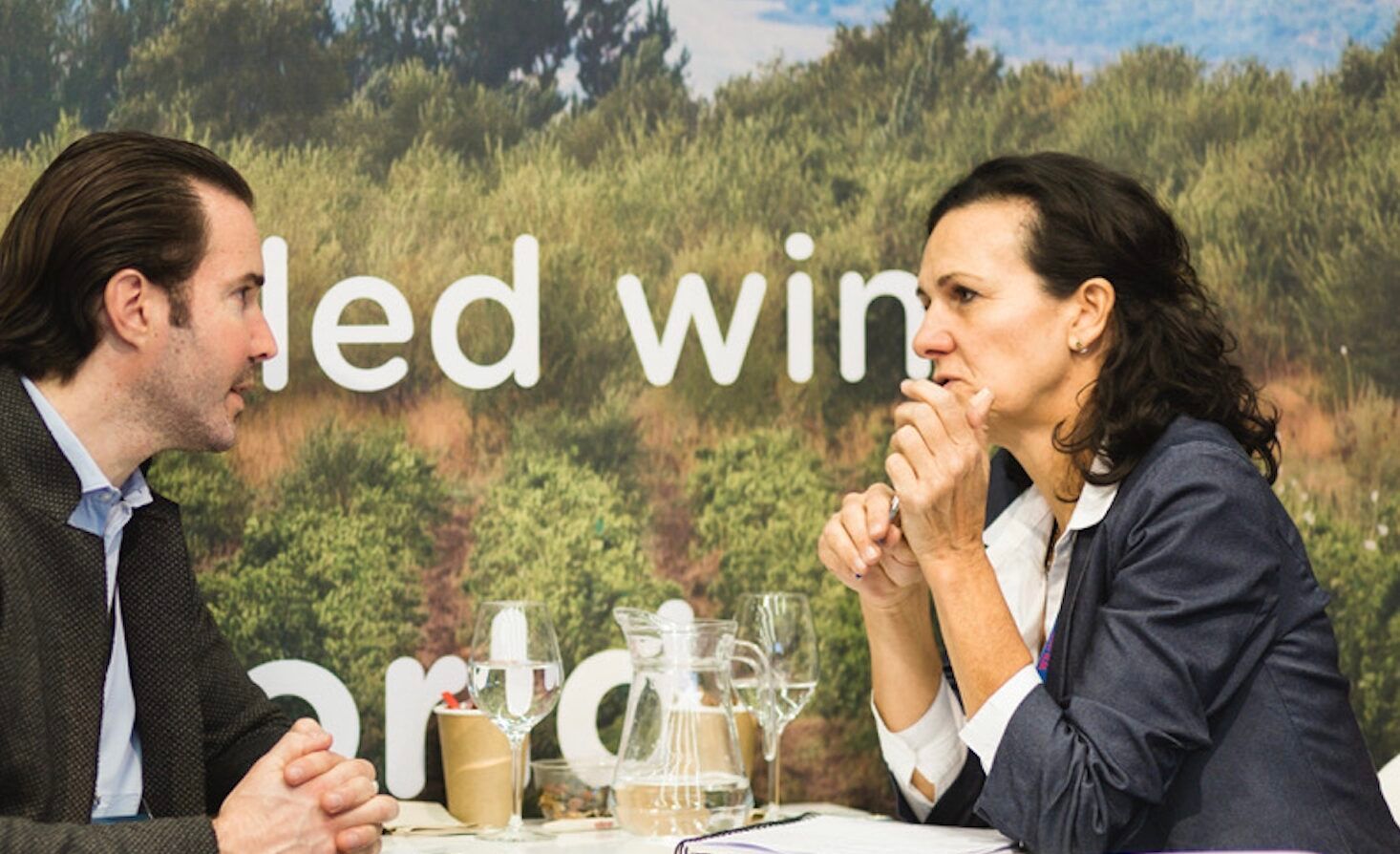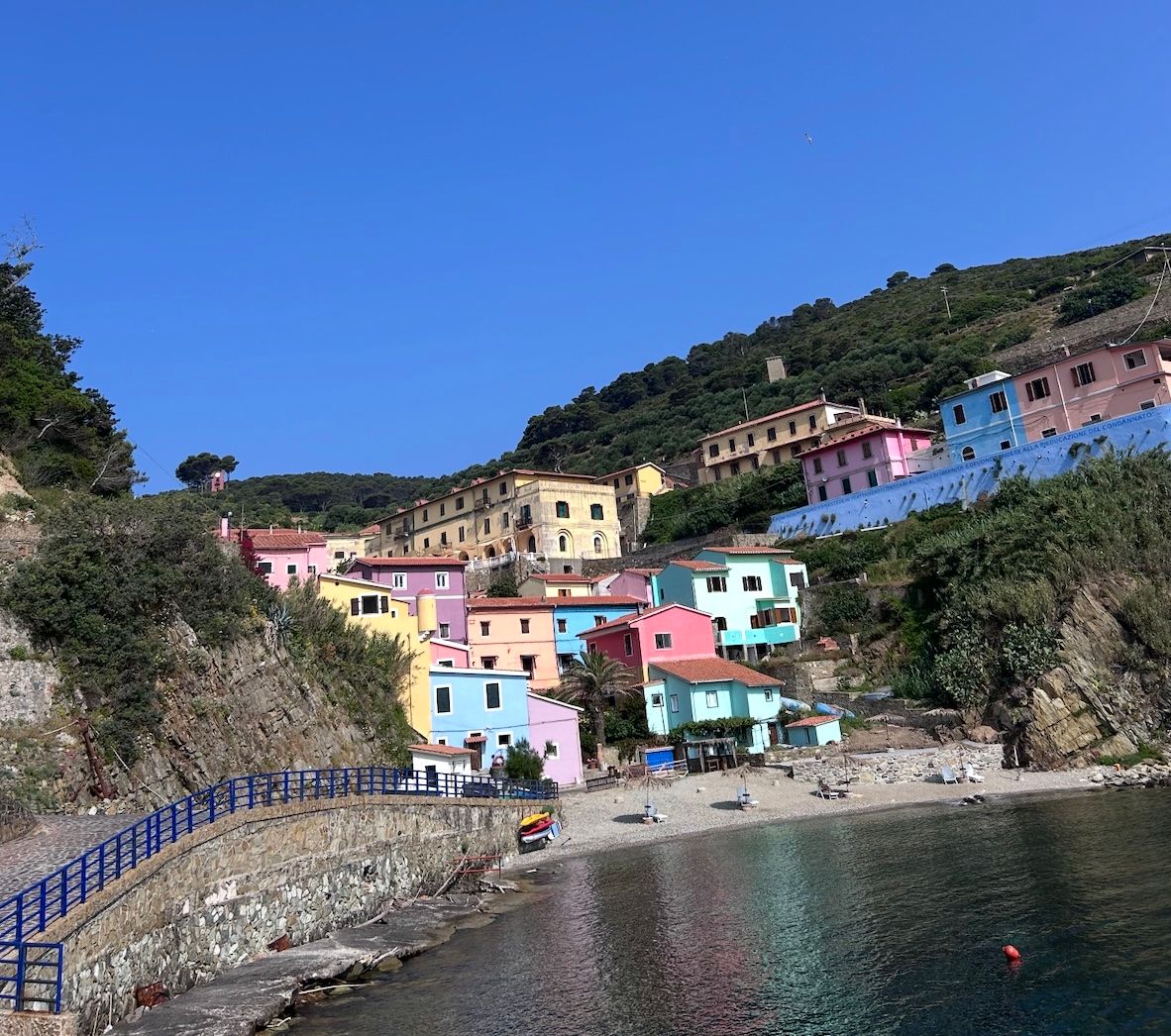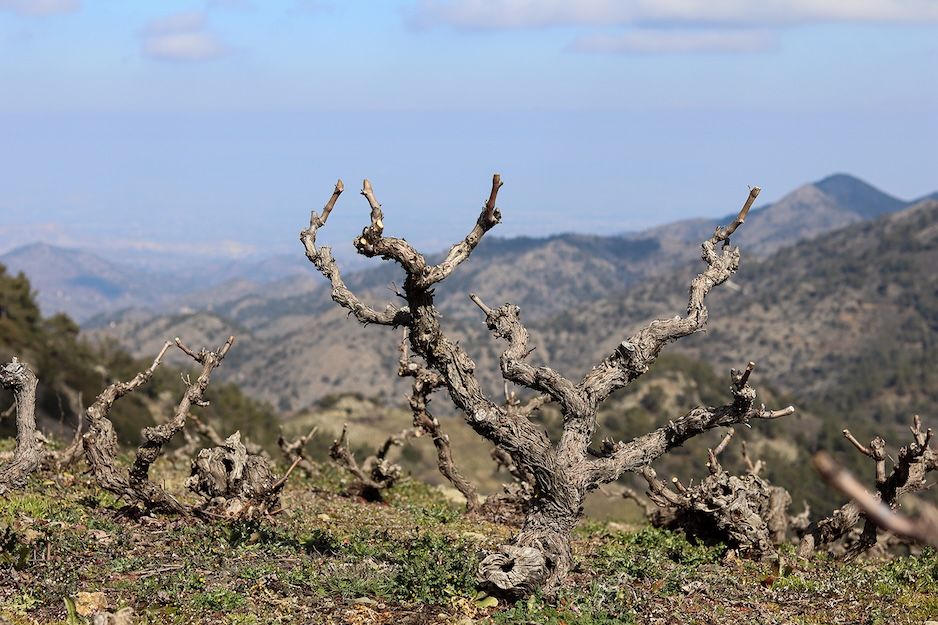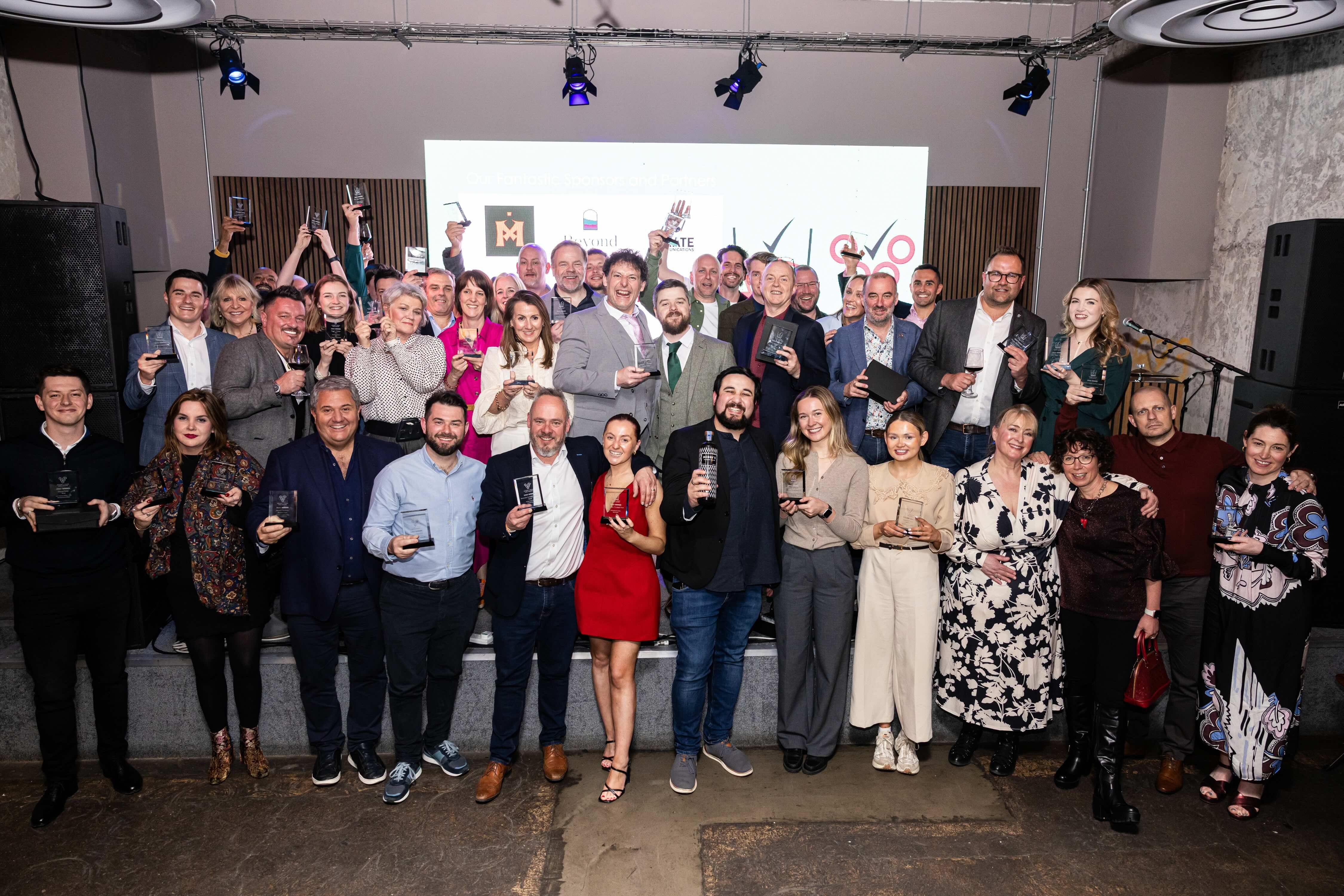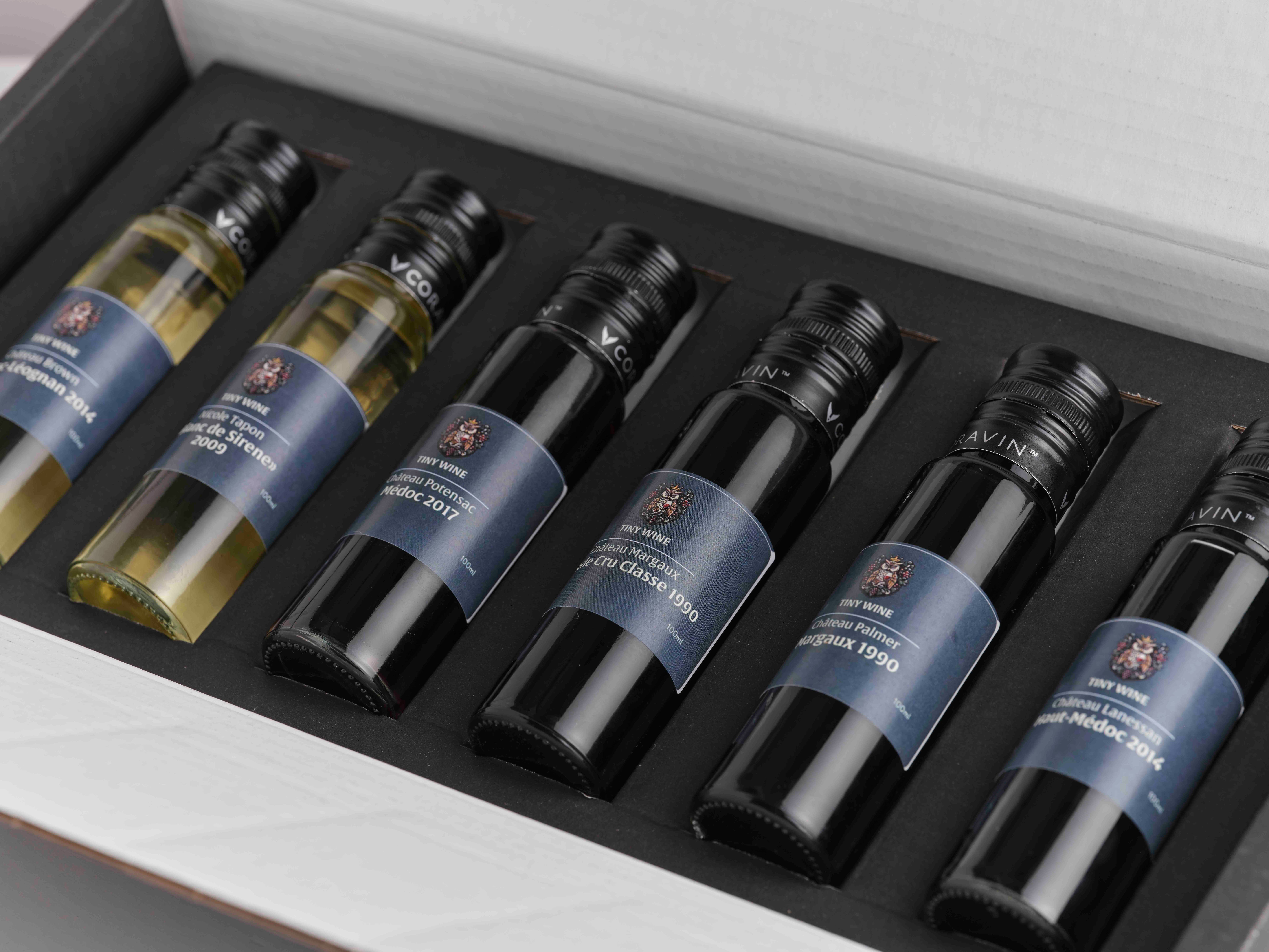The World Bulk Wine Exhibition takes place in Amsterdam between November 20-21. Click here to register and take part.
What do you think needs to be done to raise the perception of bulk wine as a quality alternative to bottling at source?
This is the question we ask ourselves every morning at the WBWE. Our job as a fair and as a platform for the bulk wine business is to make the industry understand the potential of quality bulk wine as a worthy business alternative. It can generate value for wineries and countries, both as exporters and importers.When the fair started in 2009 there were many prejudices towards the word “bulk”, fearing that it would compete only in price, that there would not be enough quality in the wines.
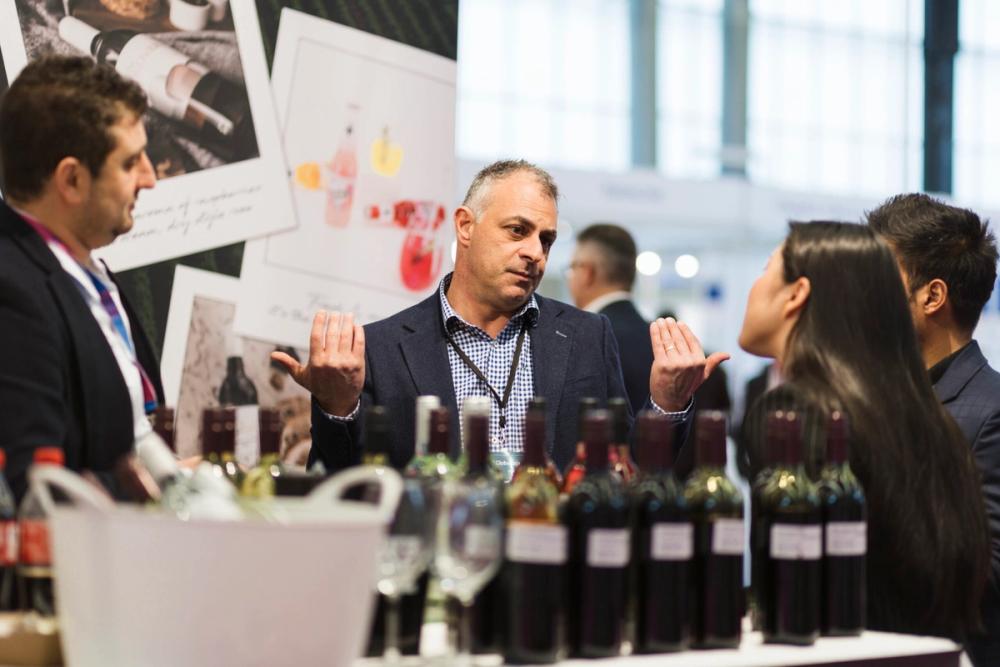
WBWE is where producers and buyers from around the world work together on bulk wine projects for the year ahead
Fortunately, time has made everything fall into place and every year we have excellent bulk wines coming to the fair to look for a decent future. There are bigger and more stimulating opportunities thanks to the rise of private labels.
We mustn’t be afraid of the word “bulk”. It has whatever meaning we want to give it. I started working with wine when I was very young and managed to grow up unprejudiced. That is why, for me, bulk means creativity. It is the foundations of the house on which you can choose to build one way or another.
With wine shipped and bottled at destination, how do you address the issue of losing jobs in wine-producing countries?
Our job is to be a tool for the whole sector to make a better living, with fair market prices, and balancing supply and demand. In this case, I don’t think we are talking about jobs disappearing, but being transformed (and this is not a euphemism). The search for greater sustainability and new consumer models, paying more attention to the way in which we buy, will obviously bring about changes in our modes of production. But we cannot evolve and create a more sustainable world if at the same time we expect nothing to change.
Things must change and that is good. We must look for ways to restructure our industry to make it more accessible and profitable for all, not the other way around.
The bottling industry must rethink its game. And of course, we must talk about the jobs that will appear in the countries that start bottling at destination.
We have always emphasised that the WBWE is a fair for doing business, and business is much more than just coming and closing a contract on the spot. Doing business is about finding out what your competitors are doing. It is about creating new partnerships, it is about seeing and being seen, it is about being aware of the changes that are coming and how to stay ahead of them. Without all that, there is no business. The WBWE is a fair for doing business because it is where one must be.
What opportunities are there for bulk wine with private-label wines?
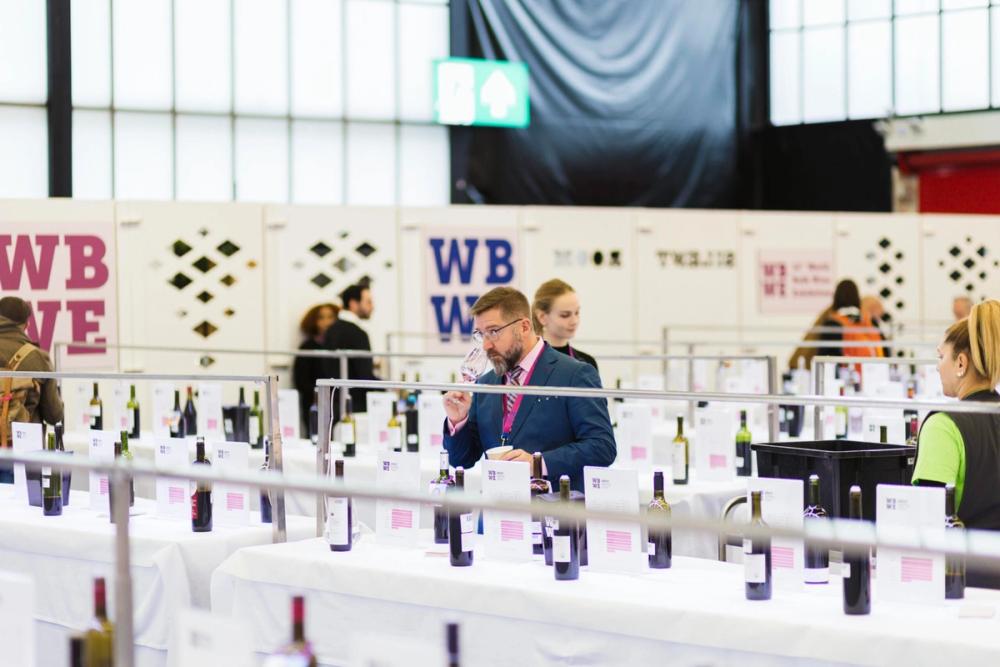
WBWE is the key part of the year for international buyers looking to source and buy bulk wine
Private labels are very much associated with bulk wine. In many cases it means the same thing. It is just bulk wine intended for a fancier end-product than wine sold by its own producer, because it is marketed with a distinctive brand.
I think one should be proud of all their wines, those that stay at home, but also those that are sent abroad, like a son, or daughter, who goes abroad to earn a living. Private label wines should be sold with the same passion.
Those who come to buy wines in bulk also fall in love with the stories: many people who have never visited the fair might imagine a cold atmosphere and professionals talking about numbers and flexi tanks. Instead, what we have are very delicate wines, which are starting to make ripples, and have an enormous potential that must be transmitted with the same passion with which the bottles will be sold later.
At the last WBWE there were Bordeaux wines in bulk for €8. These wines have a history behind them, DNA, but the same goes for wines from Argentina, Eastern Europe, Spain, which play with ultra-competitive prices and enormous quality. The WBWE wants to dignify all these wines and offer them a destination.
Anyone who claims to like wine should not miss the WBWE because here are the wines of the year taking their first steps. Tasting bulk wines and being able to compare vintages from 20 different countries in just two days is a luxury. The production of the whole world and what is going to happen in the industry during the rest of the year can be understood by attending the WBWE.
In a recent interview on The Buyer, Ben Franks, co-founder and wine buyer for Canned Wine Co, explained how he fell in love with one of their wines: “Our limited-edition Verdejo was discovered when I did a tasting with Tim Atkin MW and fell in love with Javier Sanz’s Rueda wines and I rang them up to convince them to let us have some barrel fermented Verdejo in bulk. That was a real passion project.”
Franks and the Canned Wine Co team then visited WBWE in 2022 and were able to source an organic Viognier for their range.
The WBWE wants to make it easier for all these entrepreneurs to find the ideal partner for their new venture, without having to go to hundreds of different tastings. We offer people the opportunity to get to know vintage wines from all over the world, in one place and in only two days.
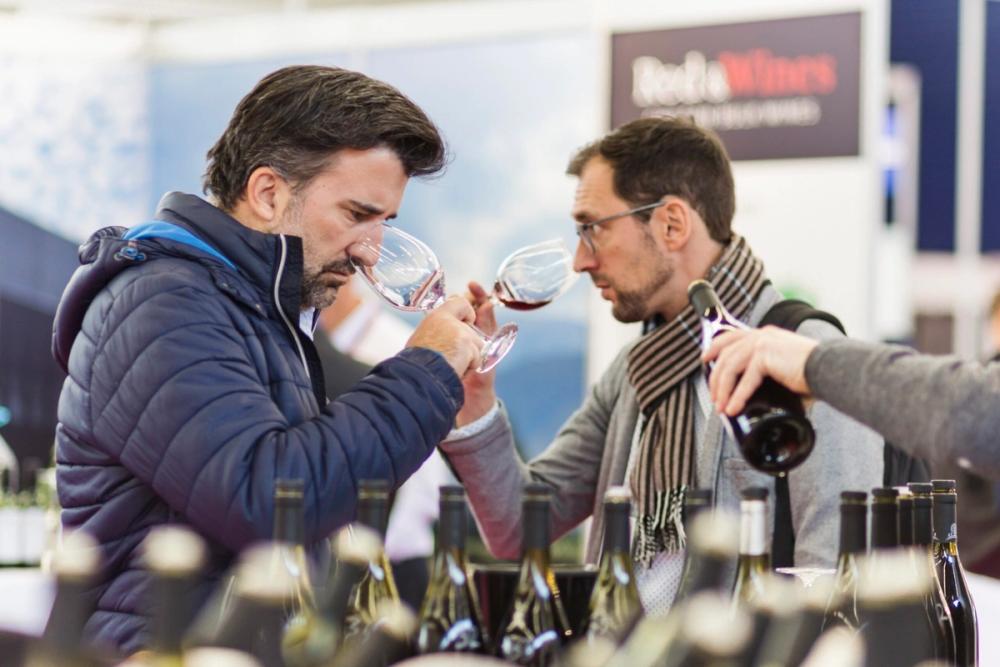
Buyers are out to do business over the two days of WBWE
How can bulk wine give retailers more control over their supply chain and more flexibility?
Well, if you own the wine, you decide how to offer it to your customers, in what shape and when. Wine on tap, sustainable packaging, timing, all this can be decided by the retailer when buying bulk wine.
One example of success is the Cramele Recas winery, which until recently had its own network of 130 branded retail shops, some of which operated on a bring-your-own-bottle basis, where you could fill it up from barrels in the shops.
Robert Joseph commented on this in a recent article: “UK supermarkets love the freedom bulk shipment and storage gives them to place orders for their private label wines and fast-moving brands without having to wait for container ships to cross the ocean and be unloaded.”
This freedom is key to understanding what the future will bring.
Do you think bulk wine has a role to play in promoting alternative formats and different packaging?
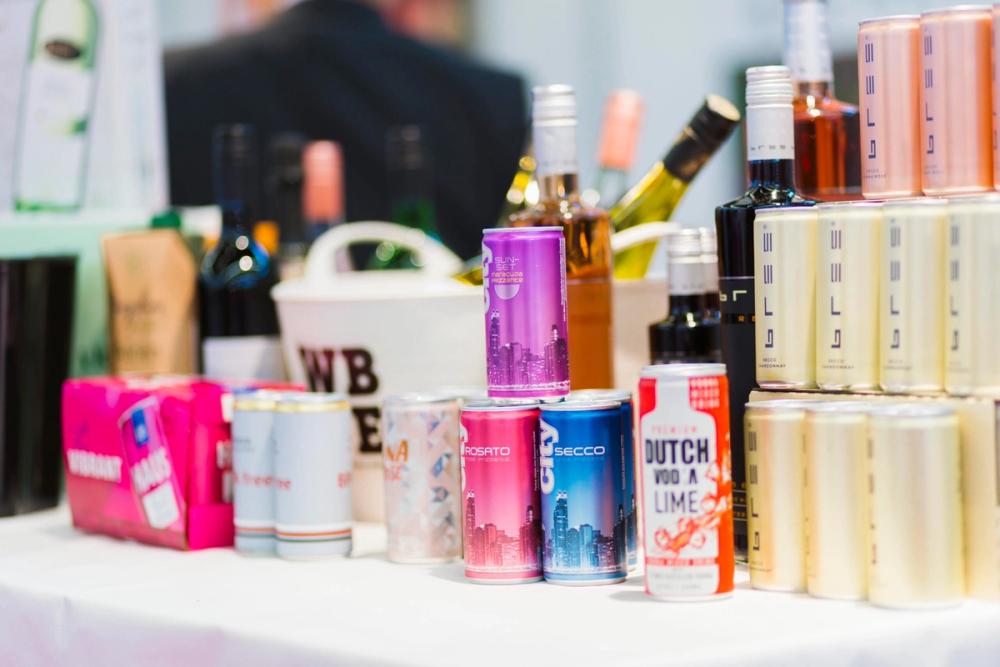
WBWE is a good place to source and find out the latest that is happening in the alternative packaging sector
Of course, and that is why we have designed a conference in which we will be dealing with these topics.
Most of the companies currently working with alternative packaging do so as a private label and that is why we want to focus on this in the WBWE 2023. There is a lot to discuss and a lot at stake for the industry.
At the WBWE we are serious about generating a space for debating on the sustainable future of the industry because it is at the heart of who we are. We talk about real solutions, not green-wash policies. For that, there is nothing better than giving a voice to the people who are doing things.
Wines will still be bottled, but we must use it less, export in a different way. Perhaps committing to bulk is a solution. We must also join the debate on how to reach consumers. We have been asking ourselves for years how to reach millennials (and now centennials), and here is the answer: it is young people who are going to save the world of wine, in terms of what they buy and the shape it comes in. We must start building up their loyalty through all these new formulas that for some of us may seem too new, but that is exactly what younger generations expect.
And most importantly: scale and availability. It’s the same with non-alcoholic wine. There is a whole new audience out there but what they can’t see, nor find in bars, restaurants, etc. won’t exist for them.
- All these issues will be up for debate at this year’s WBWE in Amsterdam in November. Click here for more details.
- The WBWE is a commercial partner to The Buyer.
